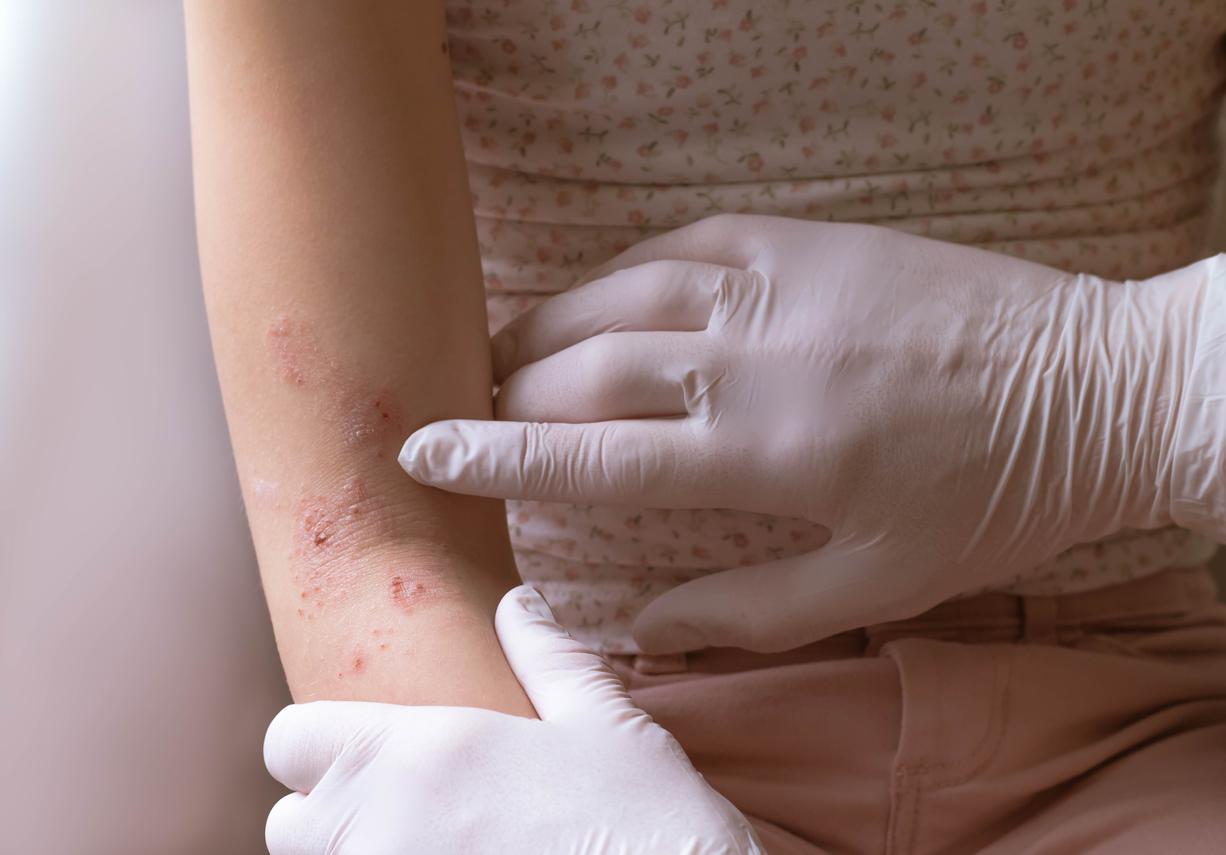The stressful events of life during early childhood are associated with an increased risk of disease activity in children with atopic dermatitis.

- Children of one to 9 years old who have experienced stressful events are more likely to present a high activity of atopic dermatitis.
- The events in question are entry into a new school or the arrival of a new brother or a new sister.
- “Parents and care professionals can proactively anticipate and deal with the disease to prevent potential thrusts of atopic dermatitis during life events,” according to researchers.
Manifesting itself by itching, skin lesions and drought of the skin, “ Atopic dermatitis, or eczema, is a widespread condition that has been linked to stress, but epidemiological data on the impact of common and serious childhood stressors are limited According to scientists from the University of California in San Francisco (United States). Thus, the latter decided to conduct a study, the results of which were published in the journal Journal of Investigative Dermatology.
Change of school, new little brother: these events increase the gravity of eczema in children
To assess the impact of stressful life events during early childhood on the activity and severity of this chronic pruritic skin disease, evolving by thrusts, the authors recruited 13,972 children aged one to around 9 years old. Their parents were interviewed regarding the potential stressful events they have experienced and the symptoms of eczema, present in toddlers, over the past year.
After taking into account potential confusion factors, the team noted that for each standard deviation of increased stressful events in life, there was a slight increase in the risk of concomitant activity of atopic dermatitis, which was higher for moderate to severe eczema and for a cumulative measurement of stressful events during childhood.
According to work, the association is due to current stressful events, such as entering a new school or the arrival of a new brother or a new sister, who have been perceived as having an impact on Each child, more than on serious events such as separation from a parent or mistreatment.

Atopic dermatitis: “Anticipate and proactively deal with the disease”
“These data suggest that parents and care professionals can proactively treat the disease to prevent potential thrusts of atopic dermatitis during life events. In addition, it has been demonstrated that multiple methods of Reduction of stress improve the symptoms of eczema and can be useful for young patients faced with stressful life events “concluded the team.
















